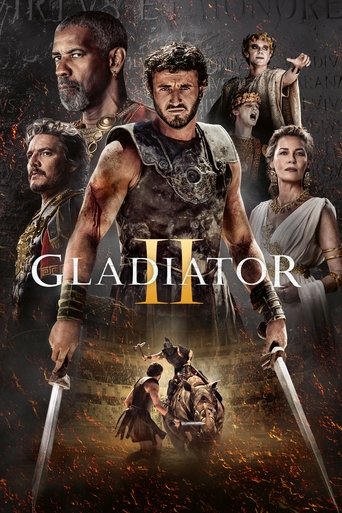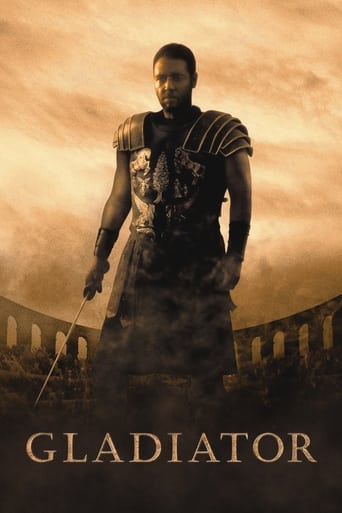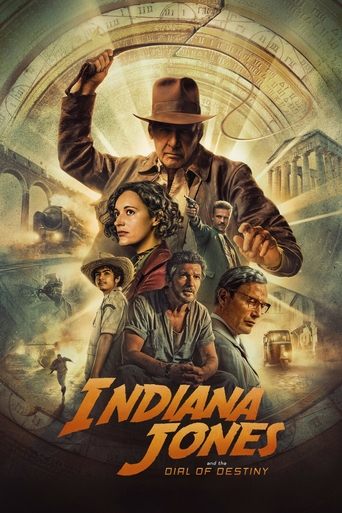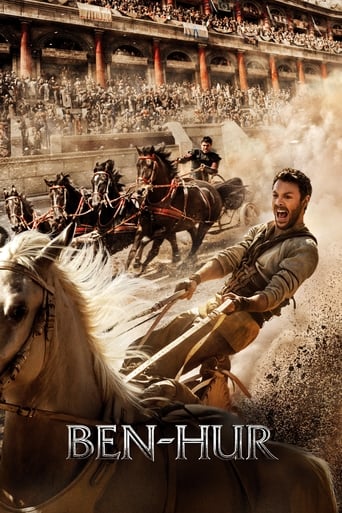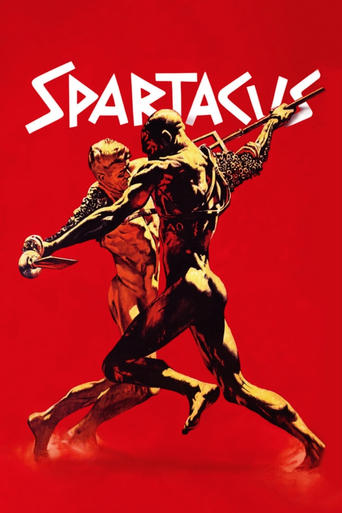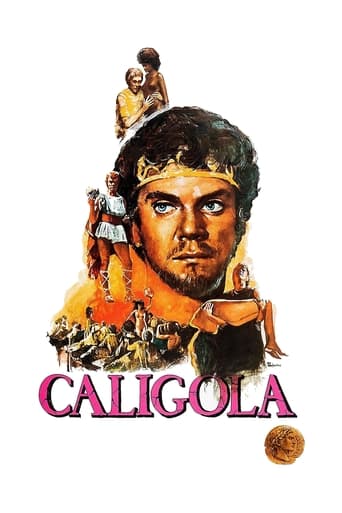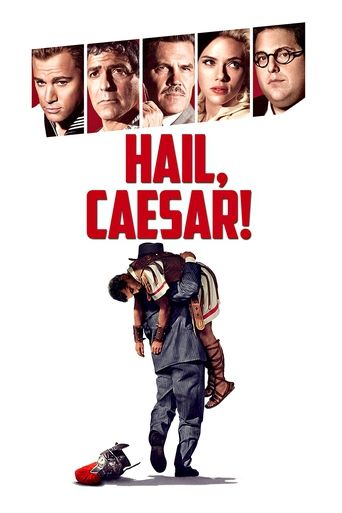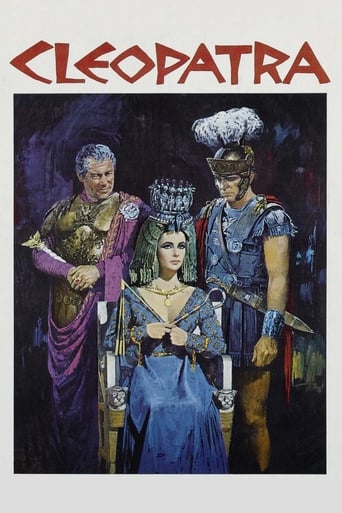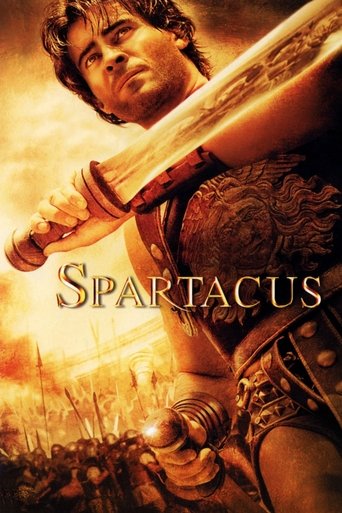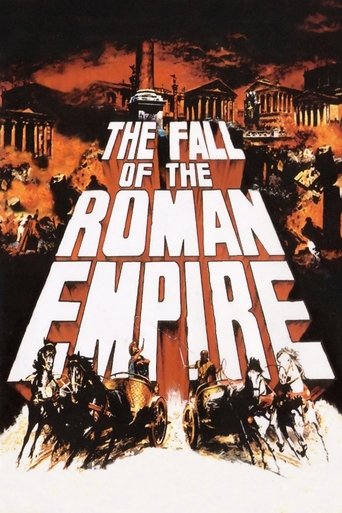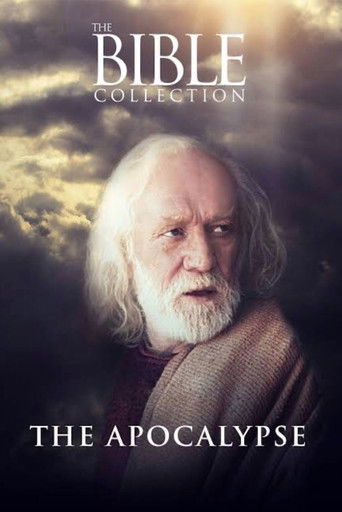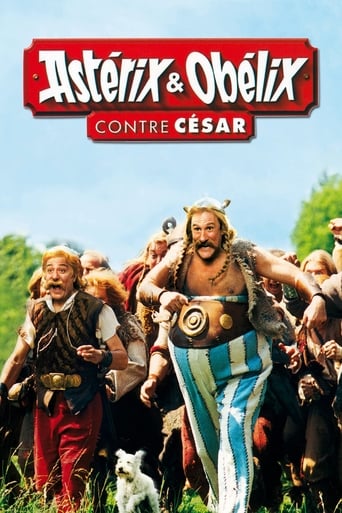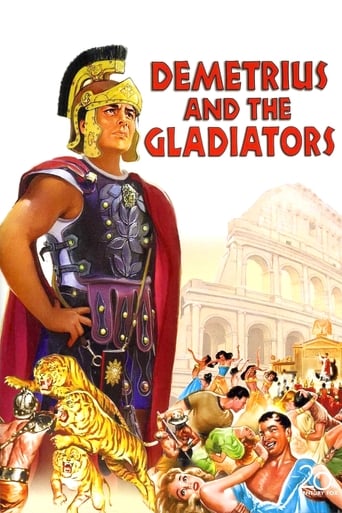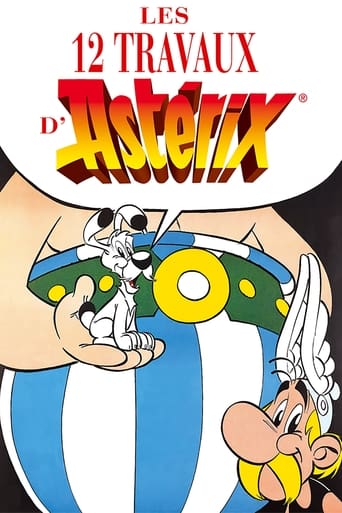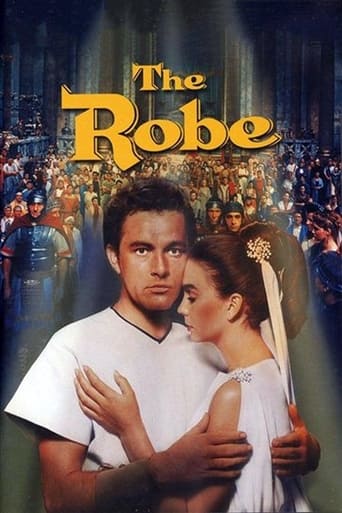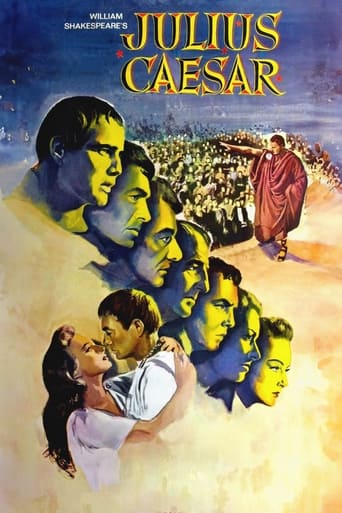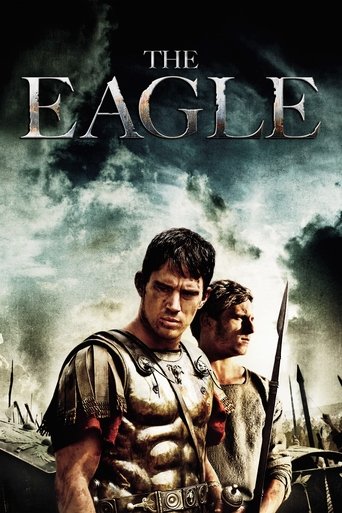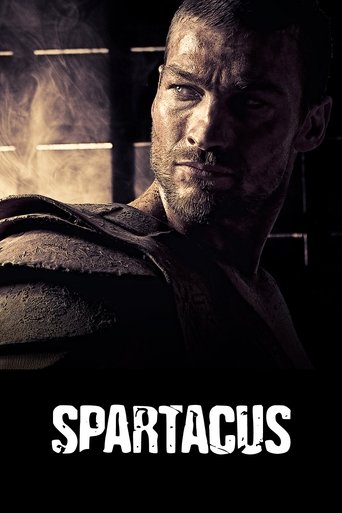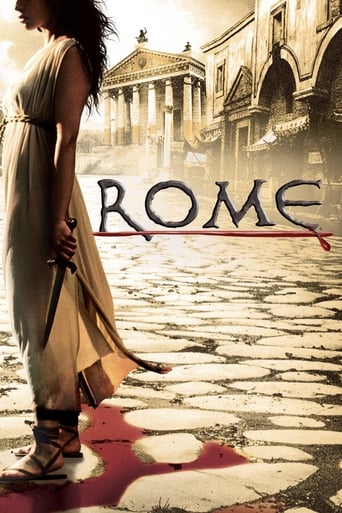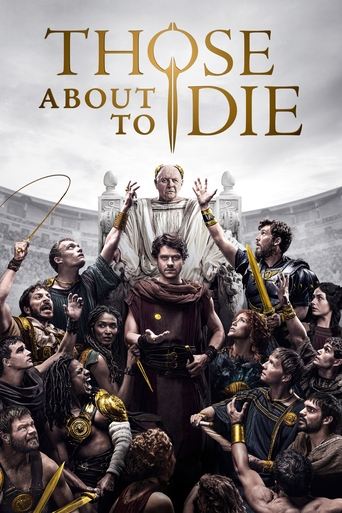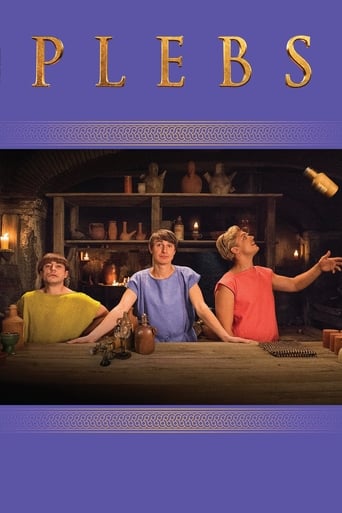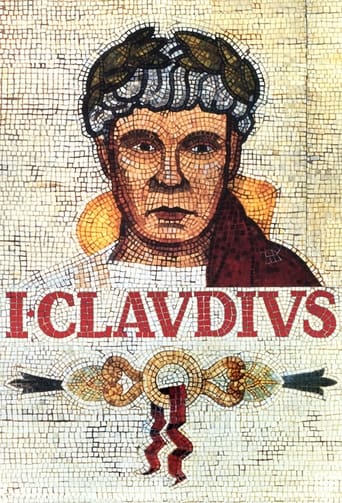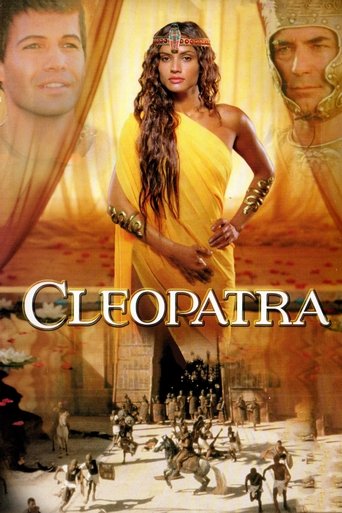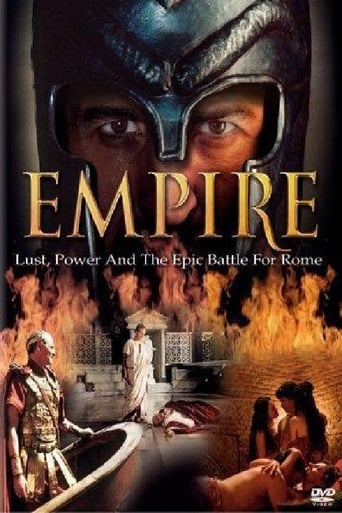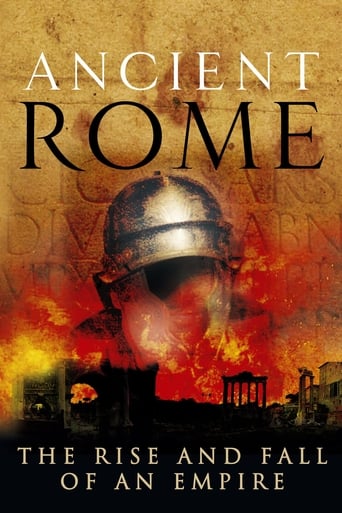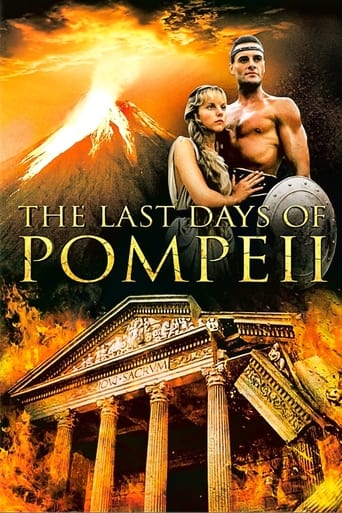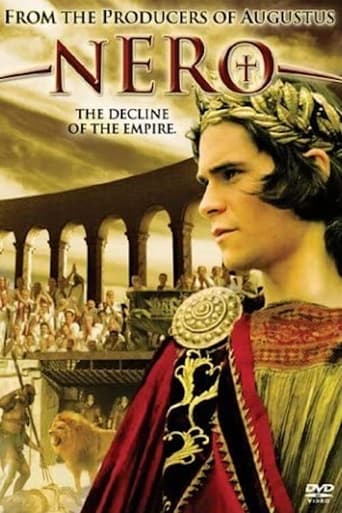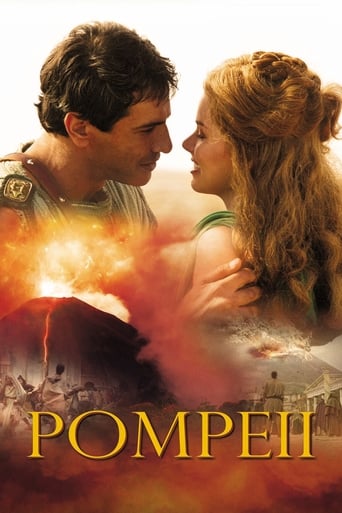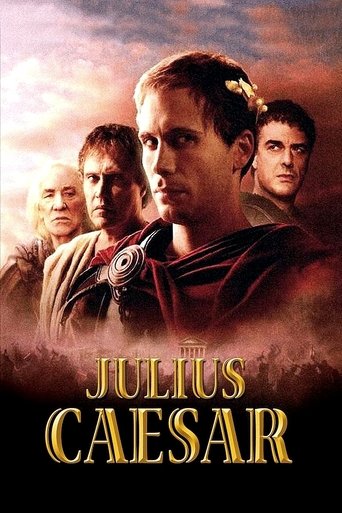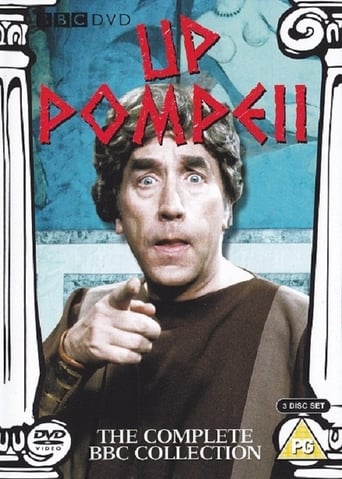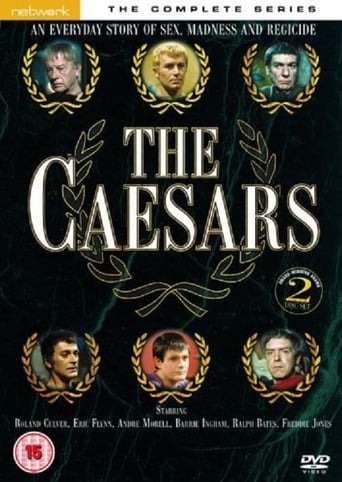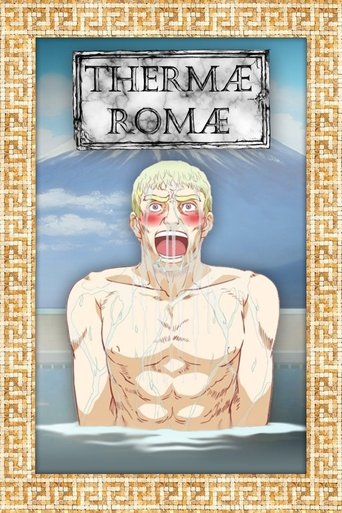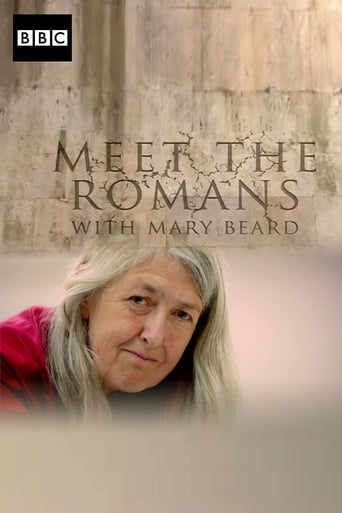ቁልፍ ቃል Ancient Rome
Gladiator 2000
Ben-Hur 1959
Ben-Hur 2016
Spartacus 1960
Caligola 1979
Hail, Caesar! 2016
Cleopatra 1963
Spartacus 2004
Quo Vadis 1951
The Robe 1953
Julius Caesar 1953
The Eagle 2011
Spartacus 2010
Torn from his homeland and the woman he loves, Spartacus is condemned to the brutal world of the arena where blood and death are primetime entertainment.
Rome 2005
A down-to-earth account of the lives of both illustrious and ordinary Romans set in the last days of the Roman Republic.
Those About to Die 2024
Within the spectacular, complex and corrupt world of gladiatorial sports in Ancient Rome, follow an ensemble of diverse characters across the many layers of Roman society where sports, politics and business intersect and collide.
Roman Empire 2016
This stylish mix of documentary and historical epic chronicles the reign of Commodus, the emperor whose rule marked the beginning of Rome's fall.
Plebs 2013
Sitcom about three desperate young men from the suburbs who try to get laid, hold down jobs and climb the social ladder in the big city - which just happens to be ancient Rome.
I, Claudius 1976
Acclaimed blackly comic historical drama series. Set amidst a web of power, corruption and lies, it chronicles the reigns of the Roman emperors - Augustus, Tiberius, Caligula and finally Claudius.
Cleopatra 1999
Cleopatra, the famed Egyptian Queen born in 69 B.C., is shown to have been brought by Roman ruler Julius Caesar at age 18. Caesar becomes sexually obsessed by the 18 year old queen, beds her, and eventually has a son by her. However, his Roman followers and his wife are not pleased by the union. In fact, as Caesar has only a daughter by his wife, he had picked Octavian as his successor.
Friends and Heroes 2007
Friends and Heroes is a Christian children's program that airs on TBN, Smile of a Child TV, and was also shown on BBC TV. The show is both traditionally animated and computer animated. It takes place from 69 - 71 AD. There are three series each of 13 Episodes: Series 1 is set in Alexandria, Egypt; Series 2 in Jerusalem and Series 3 in Rome. The series was created by Brian D. Brown and Eric J. Danenberg, who also worked on The Storykeepers.
Empire 2005
As Conqueror Julius Caesar is drawing his last breath, he swears Tyrannus—Rome's finest warrior—to an oath to protect his successor, Octavius, his 18-year-old nephew. Tyrannus and Octavius are forced into exile to protect the young man from those who want to sever Caesar's bloodline once and for all.
Roar 1997
Roar is an American television show that originally aired on the Fox network in July 1997. In the year AD 400, a young Irish man, Conor, sets out to rid his land of the invading Romans, but in order to accomplish this, he must unite the Celtic clans.
The Roman Holidays 1972
The Roman Holidays is a Hanna-Barbera animated television series that was broadcast in 1972 on NBC. It ran for 13 episodes before being cancelled. Very similar in theme to both The Flintstones and The Jetsons, The Roman Holidays brought a look at "modern-day" life in Ancient Rome, around 63 AD, as seen through the eyes of Augustus "Gus" Holiday and his family. The opening showed a chariot traffic jam and a TV showing football on Channel "IV" An Ancient Roman setting was actually one of the ideas that Hanna-Barbera considered as they were working to create The Flintstones.
Ancient Rome: The Rise and Fall of an Empire 2006
Turning points in ancient Roman history and some of the Empire's greatest stories are brought to life in this drama documentary series.
The Last Days of Pompeii 1984
This seven-hour British-Italian adaptation of Edward Bulwer-Lytton's 1834 epic, set against the eruption of Mount Vesuvius in 79 A.D. and previously filmed in 1935, and in 1960 was a vehicle for muscleman Steve Reeves, was trashed by the critics as the campiest of sword and sandal sagas to emerge in years. This despite its reported $19-million price tag, the nobility of its cast that includes Laurence Olivier, Siobhan McKenna and Anthony Quayle, and its rather unspectacular special effects. The central figures are Nicholas Clay as Glaucus, the noble Athenian; Olivia Hussey as the high-born Ione, his love, who is seduced by the Egyptian, Arbaces (Franco Nero), a religious fanatic; Duncan Regehr as Lydon, the champion gladiator; and Linda Purl as the blind slave Nydia, who is torn between Glaucus and Lydon.
Imperium: Nero 2004
As a young boy, future emperor Nero witnesses the mad Emperor Caligula kill his father and exile his mother. While in exile in the pontine islands, Agrippina, his mother, sees a vision telling her that her son can become emperor, but she will have to die first. She accepts the proposal. Back in Rome, Nero, now being raised by emperor Claudius after Caligula's death, Agrippina returns. She poisons Claudius' food and Nero becomes emperor. At first, Nero cuts taxes and introduces successful programs and invades Brittania. Soon he meets a beautiful slave named Claudia Acte, and marries her, throwing off his engagement with Claudius' daughter, Claudia Octavia, telling her she can marry someone she will be happy with. Heartbroken, she arrives at an island and kills herself. Nero enjoys being married to Claudia Acte, but soon he gradually goes mad with power and sets fire to Rome.
Pompeii 2007
Forbidden love blossoms in the city of Pompeii, which until the eruption of volcano Vesuvius in 79 AD, is one of the empire's most powerful cities.
Julius Caesar 2003
Twenty year-old Julius Caesar flees Rome for his life during the reign of Sulla but through skill and ambition rises four decades later to become Rome's supreme dictator.
Up Pompeii! 1970
Up Pompeii! is a British television comedy series broadcast between 1969 and 1970, starring Frankie Howerd. The first series was written by Talbot Rothwell, a scriptwriter for the Carry On films, and the second series by Rothwell and Sid Colin. Two later specials were transmitted in 1975 and 1991.
The Caesars 1968
The Caesars is a British television series produced by Granada Television for the ITV network in 1968. Made in black-and-white and written and produced by Philip Mackie, it covered similar dramatic territory to the later BBC adaptation of I, Claudius, dealing with the lives of the early emperors of Ancient Rome, but differed in its less sensationalist depictions of historical characters and their motives.
Thermae Romae 2012
The story is a comedy about Lucius, an architect of public bath houses in ancient Rome, who time-travels to various modern-day baths in Japan. The author explores the two cultures in the world "that have loved baths the most: the Japanese and the Romans."
Meet the Romans with Mary Beard 2012
Professor Mary Beard looks beyond the stories of emperors, armies, guts and gore to meet the everyday people at the heart of Ancient Rome's vast empire.
